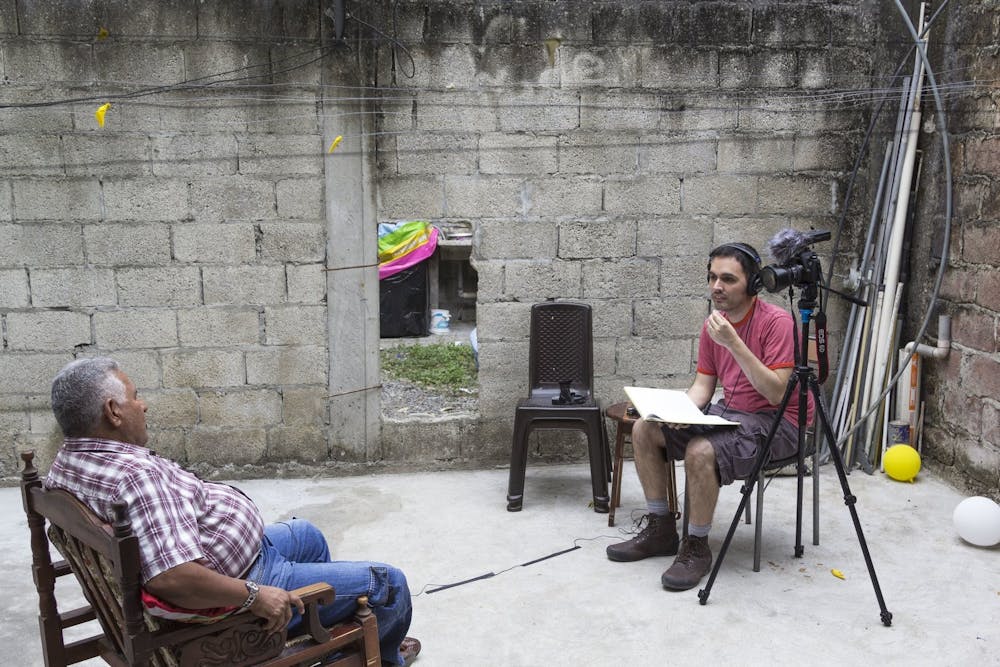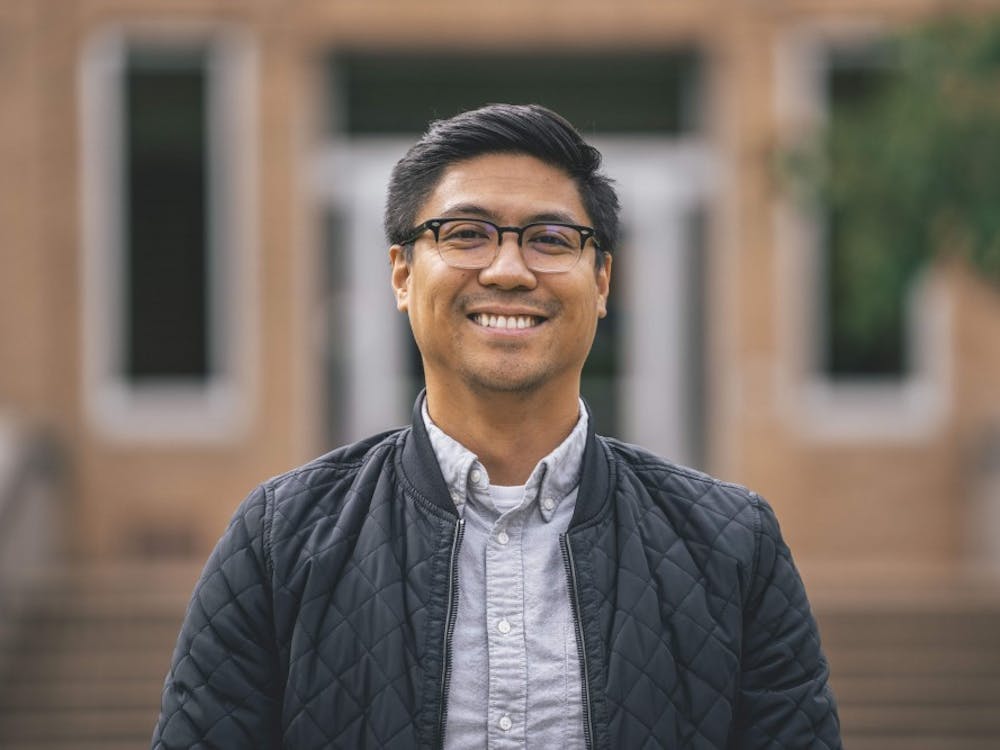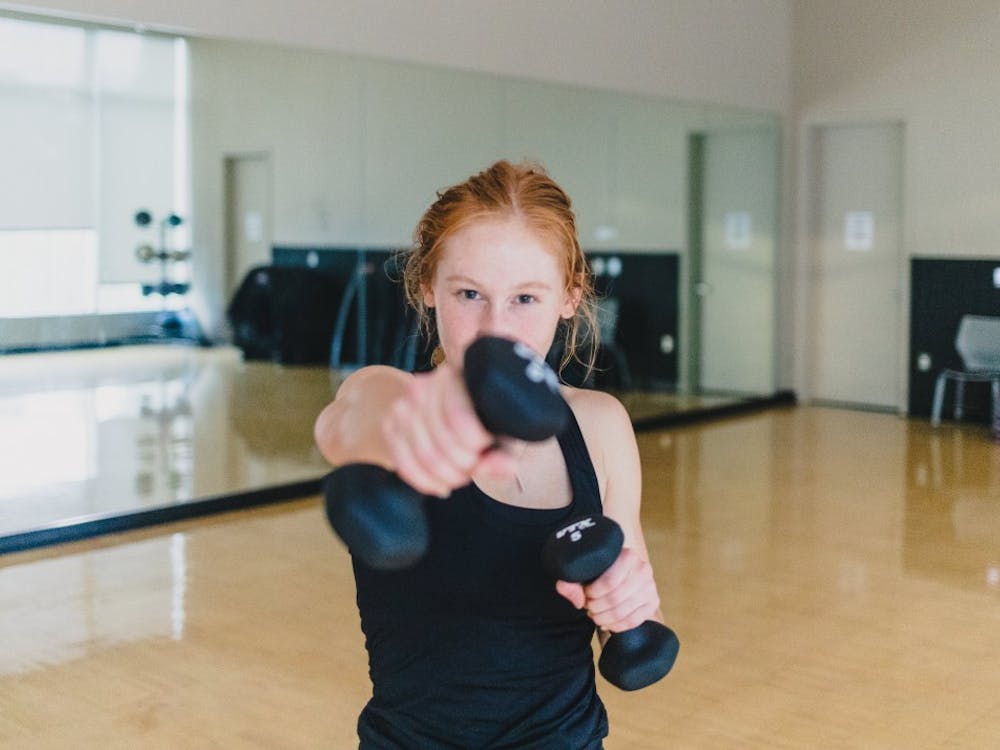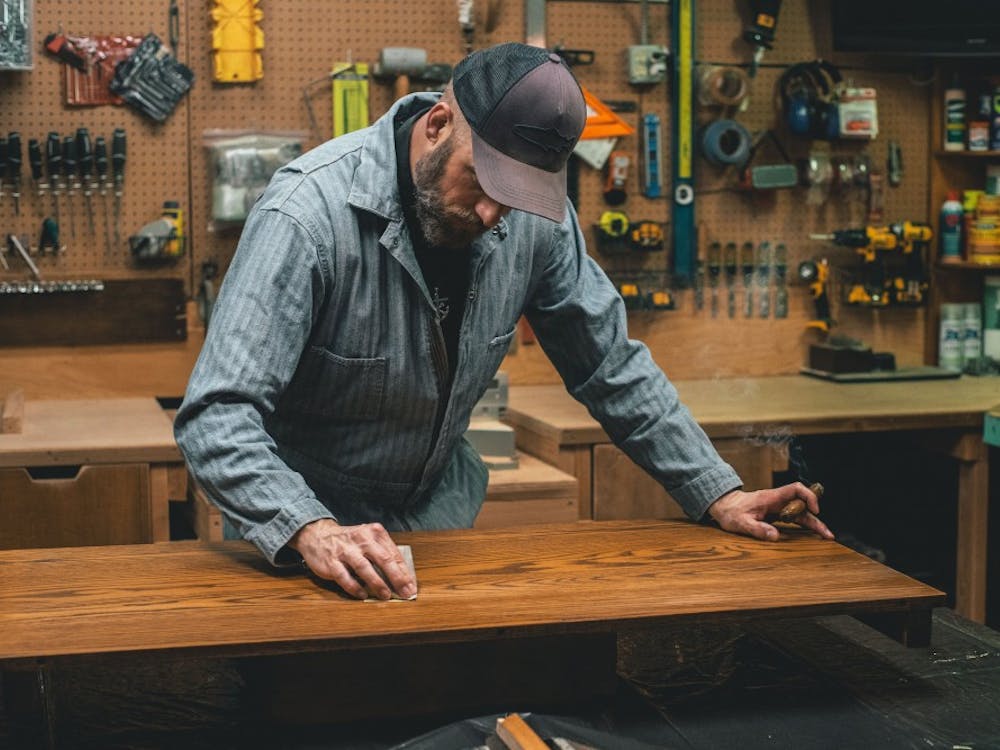Five years ago, José Velazco found himself struggling to film his father’s funeral for his documentary. Having to separate the roles of a grieving son and director was the hardest challenge for Velazco. The film highlighting his Ecuadorian traditions and culture will screen at the University of Portland as part of International Education Week.
The documentary — “En Vida” — shows Velazco through his loss, ultimately bringing his family closer together and seeing the value in his Ecuadorian heritage as he navigates both his life in the U.S. and roots in Ecuador. Velazco has been the Digital Lab Coordinator at the University of Portland for six years and looks forward to sharing his personal story with the UP community. The screening will take place on Nov. 20th, in Franz 120 from 5 p.m. to 6:30 p.m.
“I hope that they (the audience) get the opportunity to see me not just as someone who’s maybe taught them a course, but as a creator,” Velazco said. “They might just know me as the person who teaches some workshops and basic stuff like that, but this documentary will let students see me in my creative mode.”
Velazco was first inspired to create a documentary about his family in 2012, when his mother told him she planned to move the grave of her great-aunt from her 5-year-old family plot to a private mausoleum, to give her a proper resting place. The film revolves around this movement, a family healing through loss, and the difficulties Velazco experienced with his father’s death.
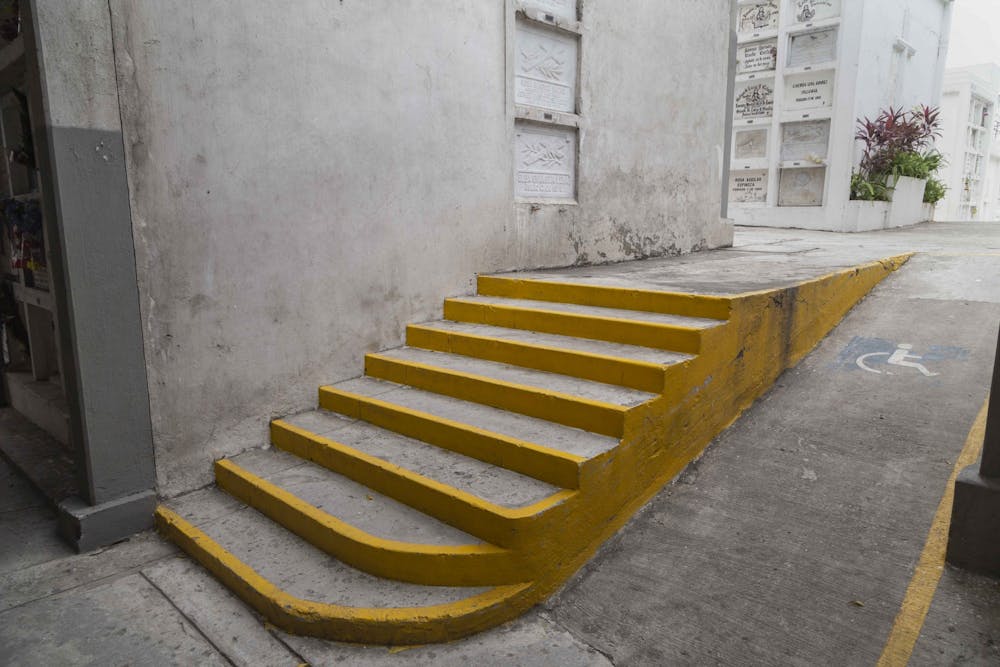
Cementerio General de Guayaquil in Ecuador, where José Velazco's great-aunt now rests. Image courtesy of José Velazco.
“The film shows my personal journey spoken through words and the images of others and my family’s history,” Velazco said. “In Ecuador, we say good riddance to the old year, and we take miniature minions and stuff them and burn them. We burn the old year. Because of that metaphor, with the passage of one state of life to another, and then the actual movement of the body, I thought it was a really interesting way to start a film.”
Inspired by this Ecuadorian value of honoring the past, Velazco decided to include his father’s funeral in the documentary.
“Filming my dad’s funeral was really hard for me,” Velazco said. “I wanted to film it at first so I could have a copy of what it was like and how we honored him, and I had to sort of divorce myself from being the artist and then also being human at the same time.”
Velazco is excited to show “En Vida” to the community he has been a part of for so long. He believes that his film has something for everyone to take away, and hopes the UP community might learn from the main themes of the film.
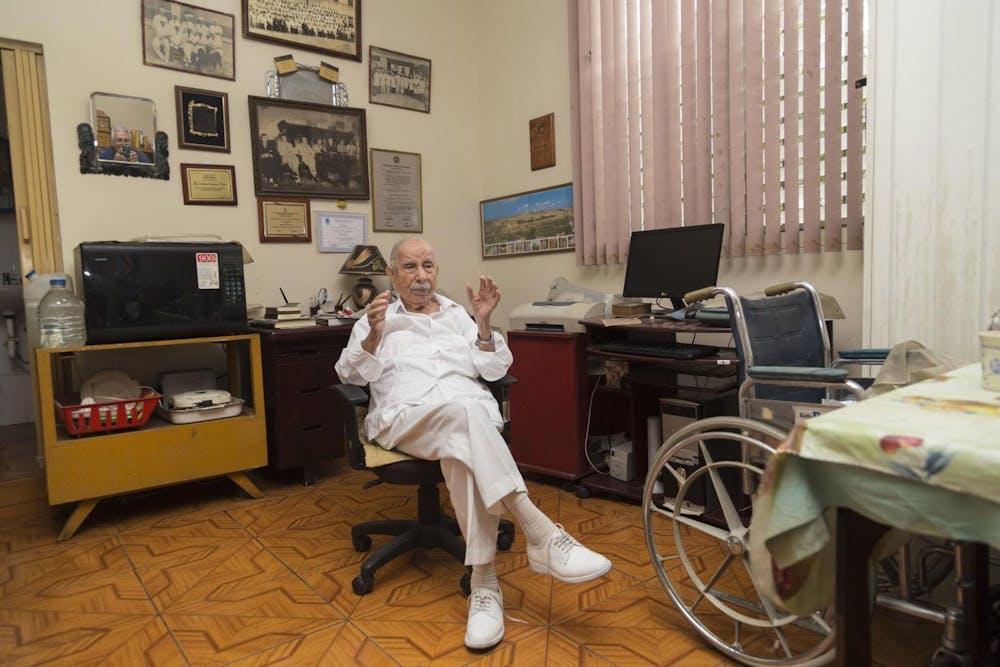
José Velazco interviewed a variety of subjects for his documentary, "En Vida." Image courtesy of José Velazco.
“A lot of the film revolves around the women in my life, so I feel that the strength of the female characters is something that can be taken from it,” Velazco said. “Secondly, I think the main takeaway is that the film is really about love and what it means to love unconditionally.”
Velazco appreciates his job for allowing him to use his own creativity to help students. He works with individuals and classes from all over campus to help them create and reach their full potential.
“I don’t know if it was ever really a conscious decision to go into this kind of work, I have always wanted to be creative in a lot of different fields,” Velazco said. “This opportunity came up and allowed me to teach others how to do it, so realistically it’s always been an undercurrent of my life to be an artist.”
Velazco attended film school at the University of Texas Austin, graduating in 2000. After several years of freelance work and moving to New York City, Velazco decided to obtain his master’s degree at the University of Illinois. Soon after, he began working at the University of Notre Dame, managing a digital lab there for three years. Velazco began working at UP in 2013 and said that he appreciates the creative environment.
“The fact that I teach students how to do what I create and what I am passionate about, that’s a really great opportunity,” Velazco said. “I get to do that on a daily basis, and it’s always changing. Technology is changing, students are changing, and the job just continues to challenge me.”
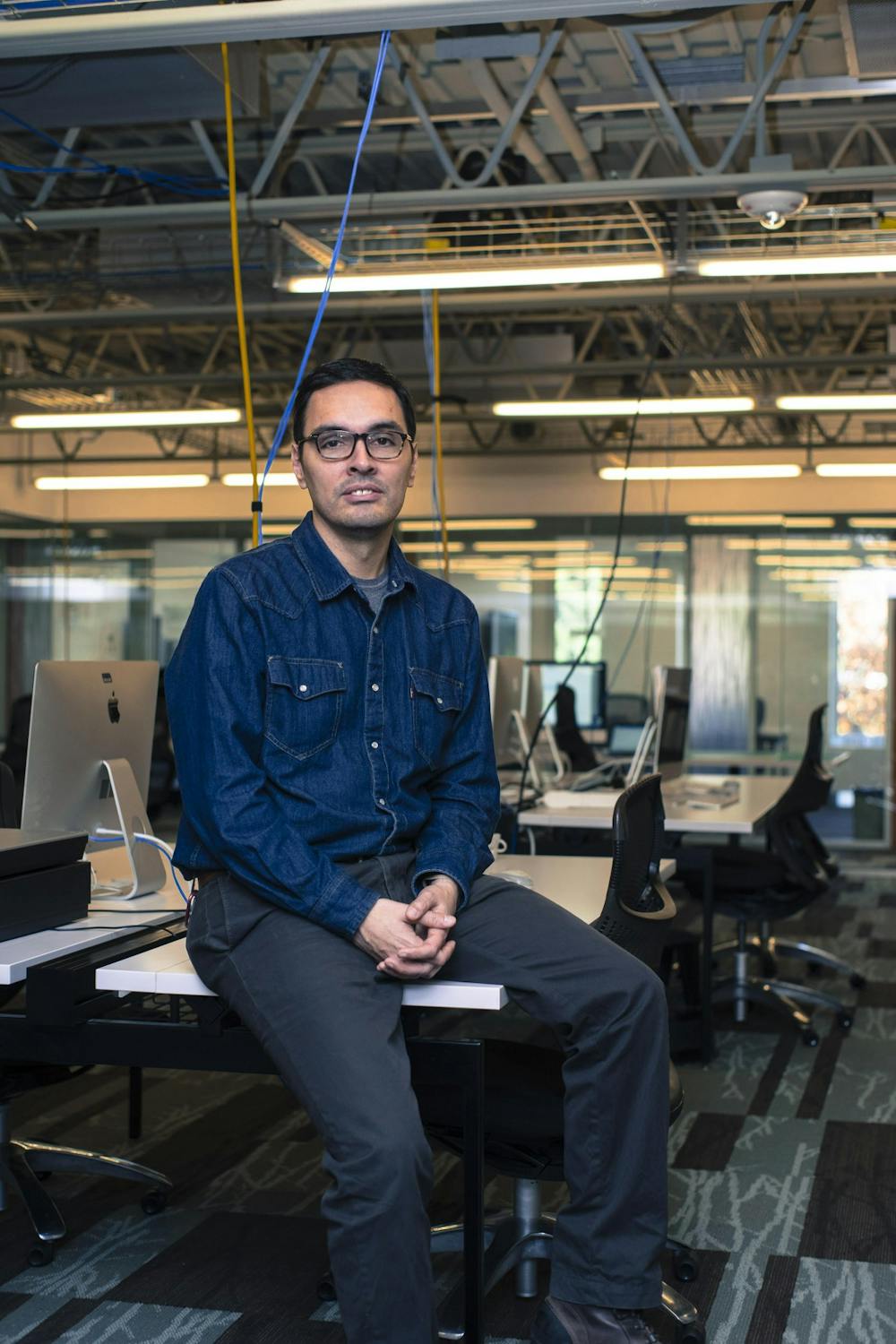
José Velazco runs the Digital Lab on the second floor of the Clark Library.
Spanish professor Lora Looney takes many of her classes to the digital lab, where Velazco has helped students use tools such as Photoshop and Canva. Looney explained how his creativity blends into his teaching style to help students with any project they are working on.
“I always tell him, ‘You are such a gifted teacher,’ because just the way that he explains things is so great,” Looney said. “I bring so many of my different classes to him, and he helps us create digital posters and other content … He is always willing to help us. He focuses like a laser beam and is able to explain so articulately the steps behind the equipment and tools that he is teaching.”
Along with his documentary, Velazco has no shortage of projects to work on. In his free time, he pursues music, photography, graphic design and filmmaking. His next major project will be a collection of concert setlists, which he has been collecting over the last 20 years, that he plans on making into a book.
“I think there's just something in me that wants to make and create projects,” Velazco said. “That same creativity is something that I can use to my advantage when I’m helping students here.”
Sophomore Digital Lab Assistant Jacob Heidorn works with Velazco in the digital lab, helping students rent out and use the equipment. Heidorn began working at the lab at the beginning of this school year, and he also took a fine arts course taught by Velazco last spring.
“He taught us a lot about filmmaking techniques. He’s so good at explaining things and he’s so passionate about film,” Heidorn said. “Even the people that weren’t very into making videos and other stuff like that were still able to learn everything and still created really cool stuff because of the way he could teach and inspire us.”
Carlos Fuentes is a reporter for The Beacon. He can be reached at fuentes22@up.edu.



